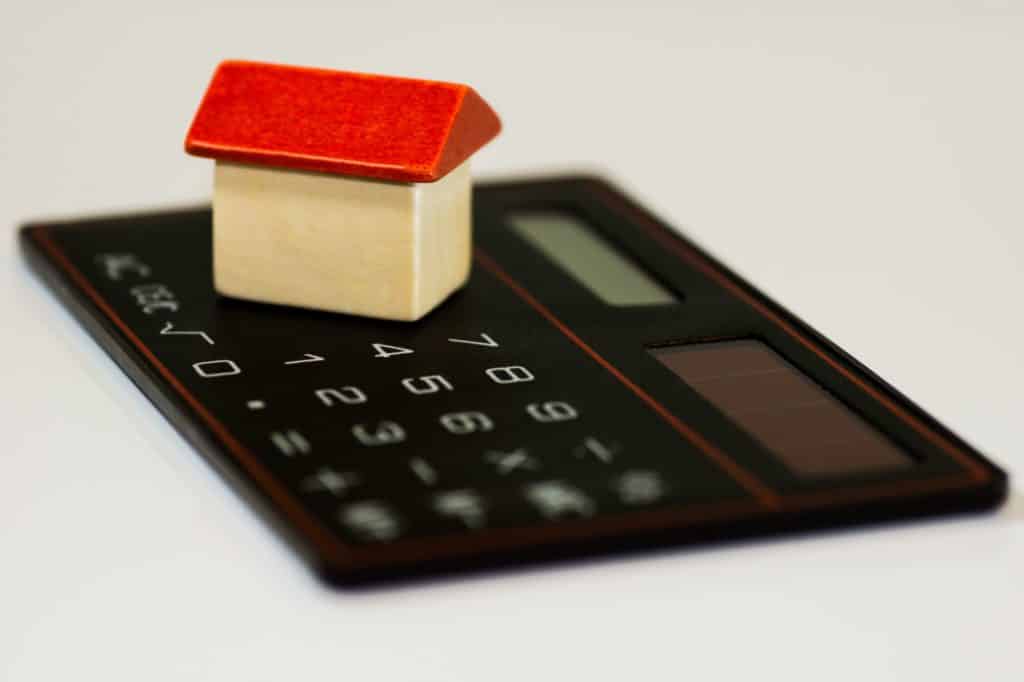Between the different types of mortgages and the seemingly endless amounts of mortgage paperwork, buying a home may seem overwhelming. But how does a mortgage work exactly? We have all the answers to that mystery and more.
No home or homeowner is the same, which is why it’s so crucial to understand how to get the best mortgage for you. From how the mortgage process works to some qualification tips, we’ve rounded up all the key mortgage basics. Let’s get started and get you one step closer to your new home.
How Does a Mortgage Work?
A mortgage is essentially a loan taken out from a bank or financial institution to give you funding for a home. You can choose to finance almost the entire home or do a combination of financing and money down.
Whatever money you put down on the purchase comes from your own cash reserves. Money down reduces the amount you have left to pay on the home through your mortgage loan. Your mortgage loan is given with interest rates that may vary or be fixed each month
A mortgage is also considered an instalment loan. This means the payments are paid monthly or bi-weekly in instalments. You’ll pay your principal balance as well as the interest, fees associated with the loan, taxes, and insurance. You may have a mortgage for 30-years, 15-years, or less if you choose.
As the years go by, your mortgage is paid down each month. Once your home is paid off, you’ll no longer have a mortgage and you’ll fully own your home. In the event that you sell your home before it’s paid off, you will need to pay off the loan at the time of the sale.
Failure to pay your mortgage could have serious consequences such as foreclosure. This is why the mortgage qualification process is put in place to ensure you’re in a loan and a home you can comfortably afford. This makes your mortgage less risky for you and your lender.
How to Qualify for a Mortgage
While qualifying for a mortgage may seem overwhelming, it doesn’t have to be. There are a few easy things you can do before you apply to help make the process easier. Creating a budget is a great starting point.
Your budget will help you and your lender determine what loan amount you’re most comfortable with. Start by laying out your expenses and income. Take a look at your down payment amount to see how much you’re comfortable putting down as well.
Next, it’s time to look at your credit and try to reduce any other debt you may have. This is where your budget can help you make a plan for paying off credit cards and reducing your spending. Your credit score will affect everything from your loan terms to your interest rate.
The higher your credit score, the better your interest rate will be. A lower interest rate allows you to pay more of your principal balance. This means more money is spent on interest each month.
Key Considerations When Shopping for a Mortgage
Another key consideration when shopping for a mortgage is how much you’re budgeting for a home. The type of home is also a factor.
A condominium, for example, may have an association fee you pay each month for amenities. This will get factored into your qualification, as it’s a fixed expense you’re responsible for.
If you’re purchasing new construction or a fixer-upper, your loan options may differ as well. When you have a home that needs a lot of work, you may choose to put less down on your home. This will allow you more cash for renovations and repairs.
As you’re going through the application process, look over all the loan options you qualify for. Your bank will need to know your budget, down payment, income, and other factors to help you find the best mortgage for you and your family.
Home Buying Tips
Before you apply for a mortgage, it can be helpful to take a look at your local real estate market. This will help you come up with your ideal home and budget.
You may find your budget gets you more than you think. You may also realize you need to prioritize your wish list.
This is a great time to make a list of what is most important to you in a home. For some, it’s the proximity to a certain school. To others, it’s the commute to work or the number of bedrooms. Your wish list will help you come up with a budget and a target price range as you start to house hunt.
As you start to look at homes, it’s also helpful to get a mortgage pre-qualification. This will allow you to make an offer on a home while knowing what you’re approved for. This helps you know where you stand while also making your offer stronger as a potential buyer.
Getting a Mortgage 101
Wondering how does a mortgage work? You’ve come to the right place. We have wealth management, mortgage, investment, and financial resources to help you make an informed decision.
Your home is likely one of your biggest assets. Read up on mortgage rates, the economy, and the housing market in our wealth management section.
